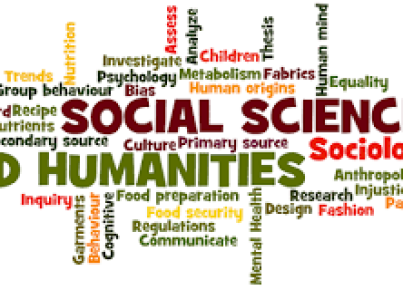Introduction
Emotional intelligence (EI) is the ability to understand, perceive, and manage our own emotions as well as those of others. It plays a significant role in shaping our behavior and relationships, both personally and professionally. This article will explore the different ways emotional intelligence affects behavior and why it is essential to develop and enhance these critical skills.
The Components of Emotional Intelligence
Emotional intelligence can be broken down into four main components:
1. Self-awareness – The ability to recognize and understand one’s own emotions as well as their effects on behavior.
2. Self-management – The ability to control one’s emotions and regulate one’s behavior constructively.
3. Social awareness – The ability to empathize with others and understand their emotions.
4. Relationship management – The ability to build and maintain healthy relationships by effectively communicating and managing interpersonal conflicts.
How Emotional Intelligence Influences Behavior
1. Decision-making: Individuals with high emotional intelligence are more likely to make informed decisions, as they can evaluate their own emotions’ impact on their choice-making process. This self-awareness leads them to consider potential consequences carefully, resulting in more rational choices.
2. Communication: Effective communication relies heavily on empathy, which is a central component of emotional intelligence. Understanding another person’s feelings allows for clearer communication that fosters cooperation rather than conflict.
3. Conflict resolution: Emotionally intelligent individuals are adept at navigating through difficulties with others because they can identify underlying emotion-driven issues in disagreements quickly. They utilize empathy and effective communication skills to reach mutually agreeable resolutions.
4. Stress management: High EI individuals can identify stressors in their lives that may impact their emotions negatively and take preventive steps or engage in effective coping mechanisms accordingly.
5. Adaptability: People with high EI can remain flexible during times of change by recognizing their feelings, understanding how they affect their behavior, and adjusting accordingly. This adaptability makes them more resilient in the face of uncertainty.
6. Leadership: Emotional intelligence is a crucial trait for successful leaders. As leaders can accurately assess their own and others’ emotions, they are more equipped to motivate and inspire their teams, fostering a trusting and collaborative work environment.
Conclusion
Emotional intelligence has a profound impact on our behavior, influencing our ability to make rational decisions, communicate effectively, resolve conflicts, manage stress, adapt to change, and lead with empathy. Developing emotional intelligence skills is essential for cultivating healthy relationships and achieving personal and professional success. By increasing self-awareness, self-management, social awareness, and relationship management abilities, individuals can enhance their emotional intelligence, resulting in improved overall well-being.





